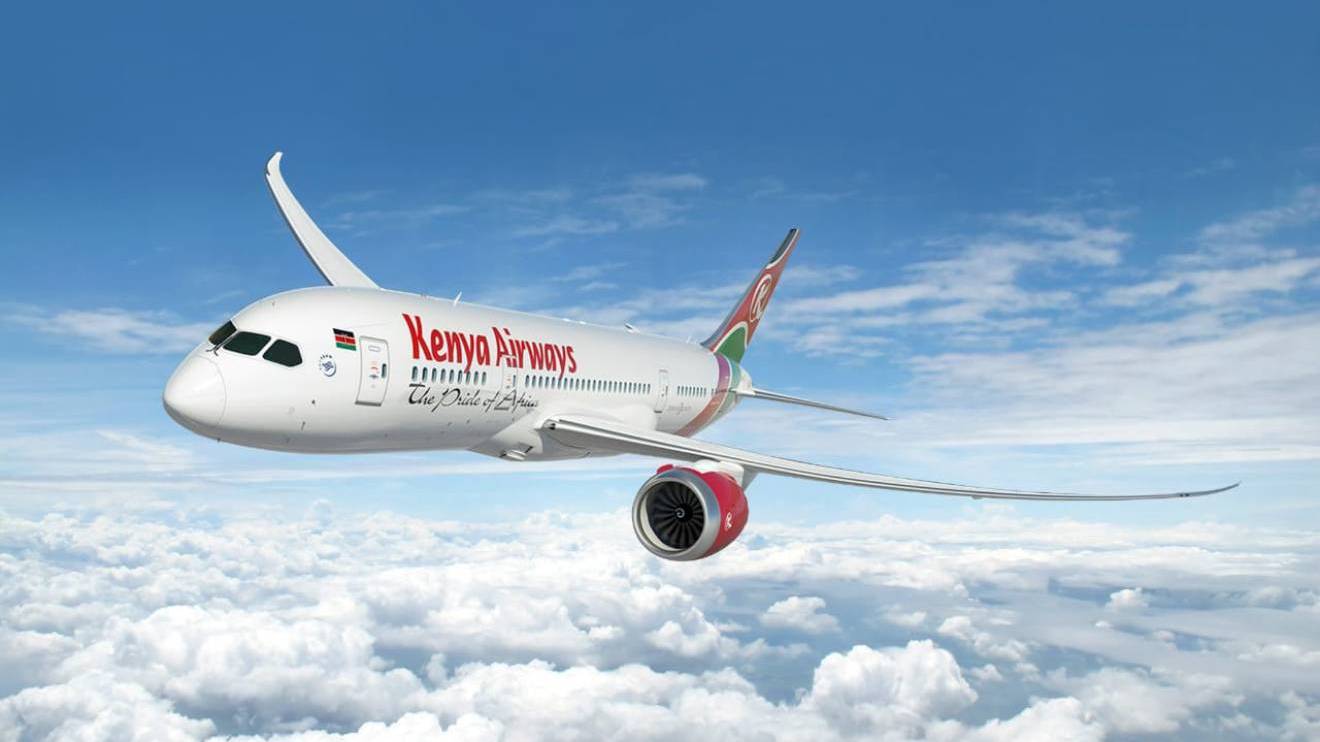A simmering dispute between the American Towers Corporation (ATC) and Telkom Kenya has escalated into a critical concern for national security, prompting senators to sound the alarm about the potential risks faced by the country's security infrastructure.
The conflict stems from the acquisition of 715 telecommunications towers by ATC from Telkom Kenya five years ago, a deal valued at $155 million.
Recent events have brought this disagreement to the forefront, casting a shadow over the integrity of the nation's security systems.
Documents unveiled before the Senate Standing Committee on Information, Communication and Technology have laid bare the ongoing battle between the two entities.
This strife has directly resulted in the disruption of Telkom's network services nationwide just a few weeks ago.
Read More
ATC has accused Telkom Kenya of violating the tower sale and leaseback agreement by neglecting to fulfil its financial obligations totalling Sh4 billion ($36.5 million) owed to the American company.
ATC Kenya's CEO, Thomas Sonesson, elaborated on the situation before the Senate committee, chaired by Trans Nzoia Senator Allan Chesang.
Sonesson revealed that ATC Kenya is actively seeking to recover the substantial debt from Telkom Kenya. He further emphasized that the State has prohibited ATC Kenya from further tower investments within Kenya's borders.
The most significant blow occurred when ATC Kenya made the decision to deactivate half of its base towers, resulting in a major loss of Telkom's network capabilities.
In retaliation, Telkom Kenya stationed police officers at several of the masts, preventing ATC agents from accessing the sites, and ultimately aggravating the service disruption.
The gravity of this feud extends beyond the financial realm, as Telkom Kenya is entrusted with maintaining critical government communications infrastructure.
Essential government functions, including those at the Office of the President, State House, the Ministry of Interior, the General Service Unit, and defense-related networks, rely on Telkom Kenya's services.
Furthermore, Telkom plays an important role in managing significant security infrastructure such as carrier services, landing stations, submarine cables, and crucial meeting points for telecommunication companies.
These concerns were underscored by Edward Kisiangani, the Principal Secretary of Broadcasting, who conveyed that the government's efforts to resolve the dispute have encountered substantial roadblocks.
Kisiangani lamented the situation, stating, "I urge senators to ensure that security infrastructure is not privatized because it's a huge risk to the country. As the government, we will look for a new investor."
Sonesson, clarified that certain towers vital for national security have been retained by the National Intelligence Agency and are not included in ATC's ownership.
In response to the mounting apprehension, Senators Chesang and Cherargey announced their intention to summon key figures for questioning, including the Interior and ICT Cabinet Secretaries, the Director-General of the National Intelligence Agency, Telkom Kenya's management, and the Director-General of the Communications Authority.
This summons will address both the security concerns stemming from the tower dispute and the Sh4 billion debt.
While Telkom Kenya has been grappling with financial challenges, the government seeks a strategic investor to rejuvenate the company.
The transaction between ATC Kenya and Telkom Kenya in 2018, which entailed the sale of these towers, was anticipated to balance Telkom's financial standing and provide investors with returns.
Additionally, this transaction enabled ATC to establish a presence within the nation.
The ramifications of this ongoing feud stretch far beyond the balance sheet, casting a pall over the nation's security apparatus.
As senators prepare to delve deeper into the matter, the stakes have never been higher for both the entities embroiled in the dispute and the nation as a whole.

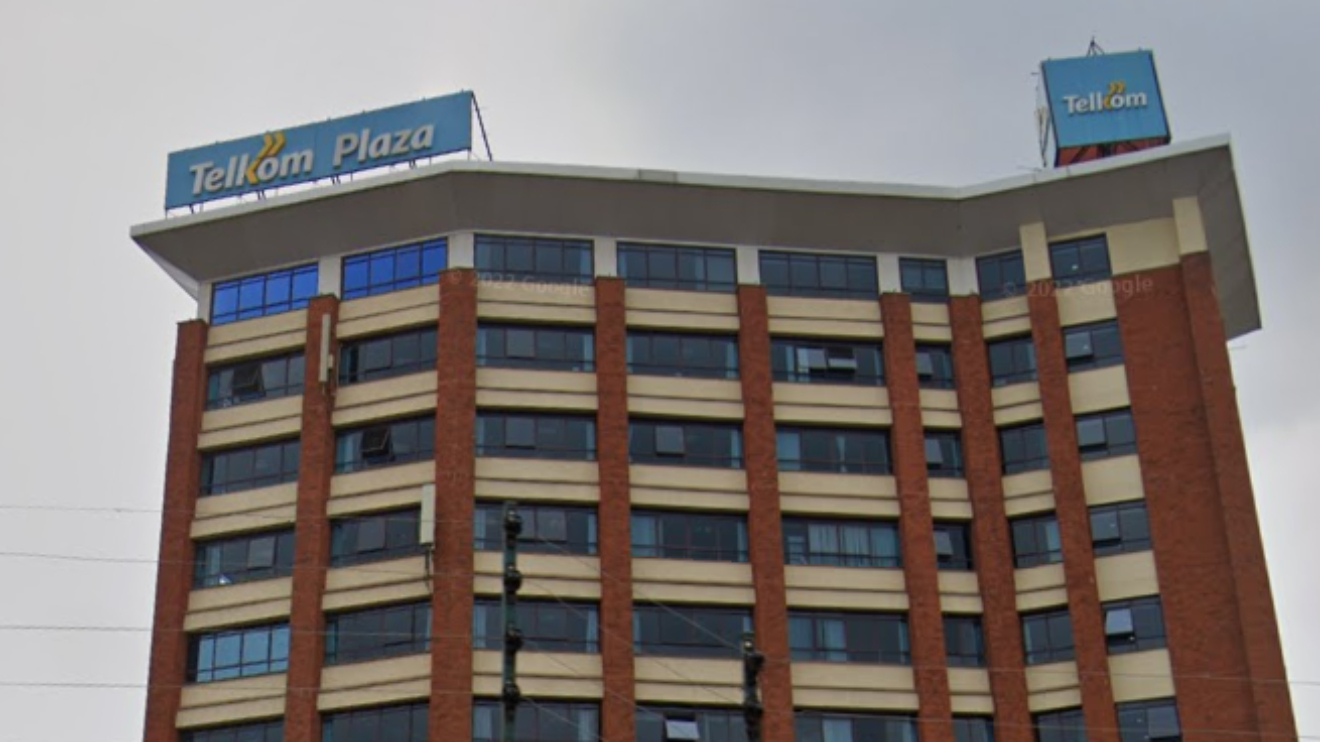


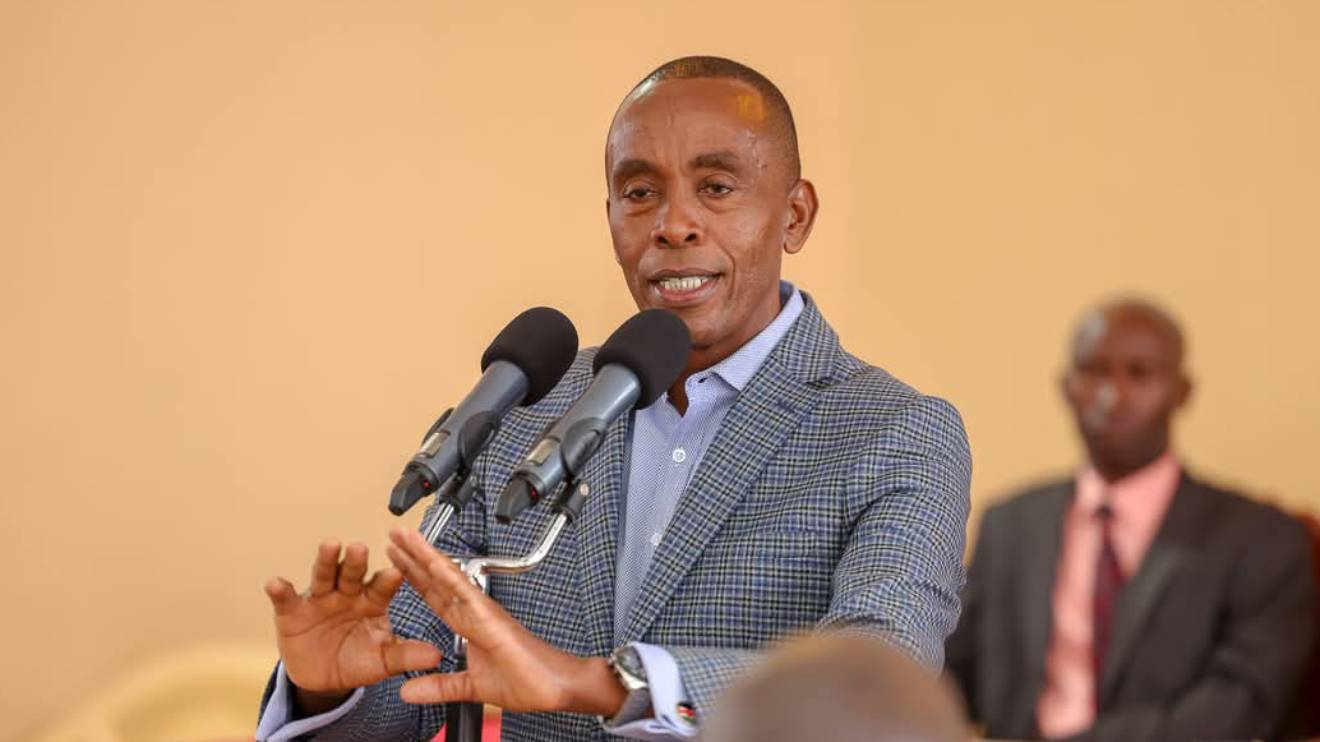
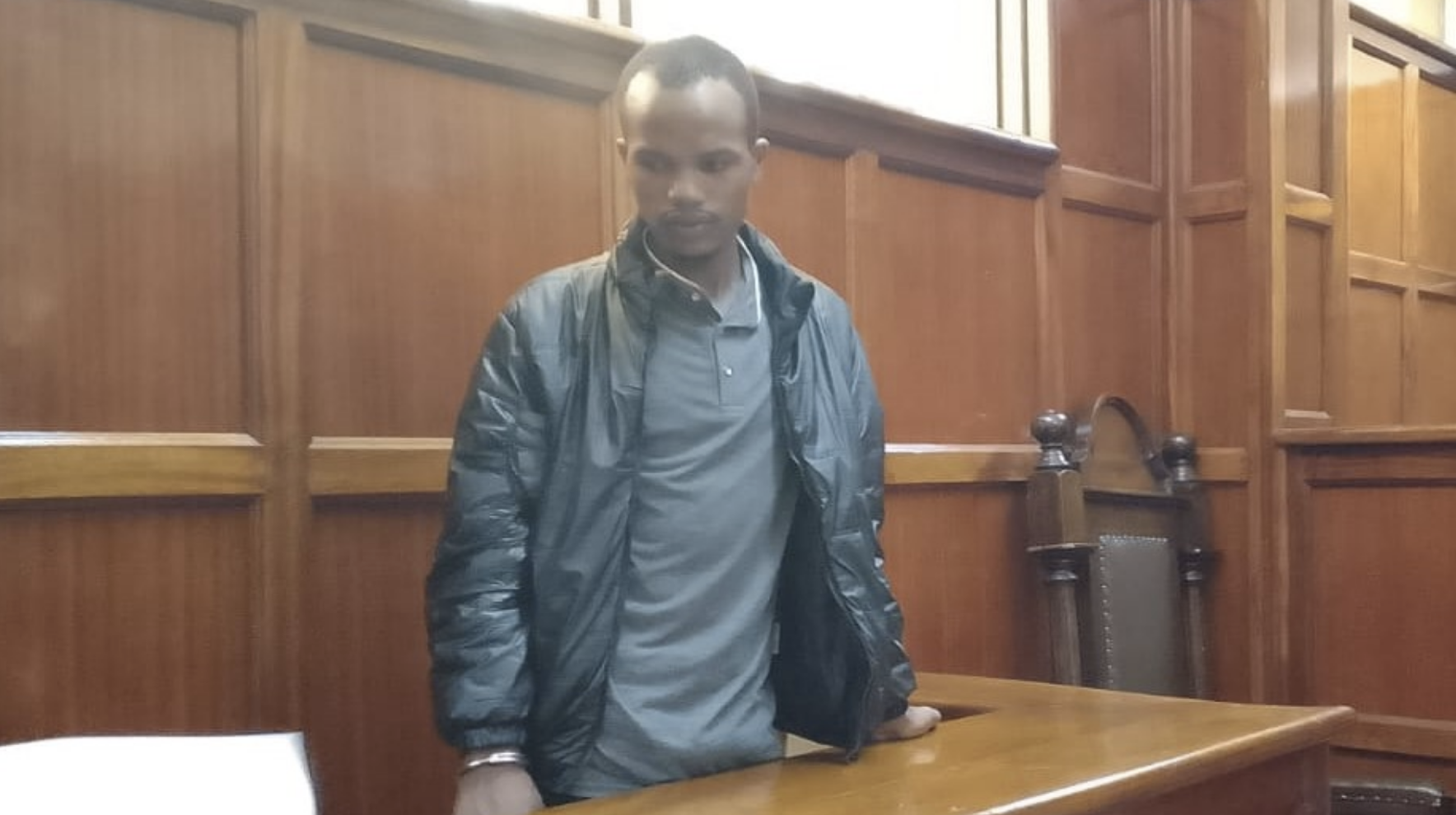
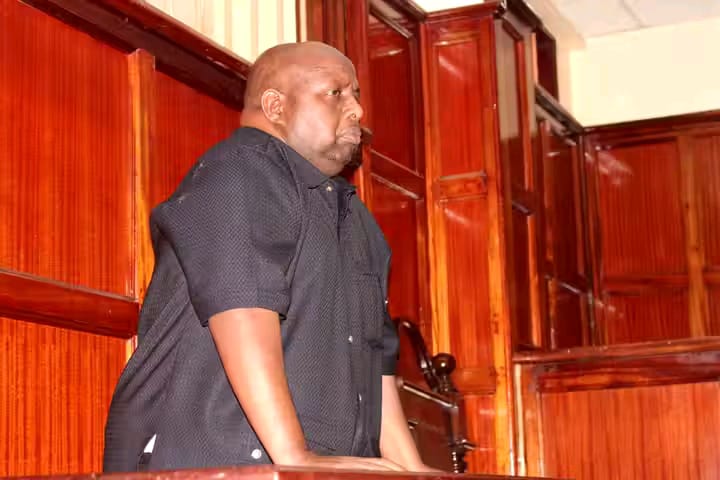
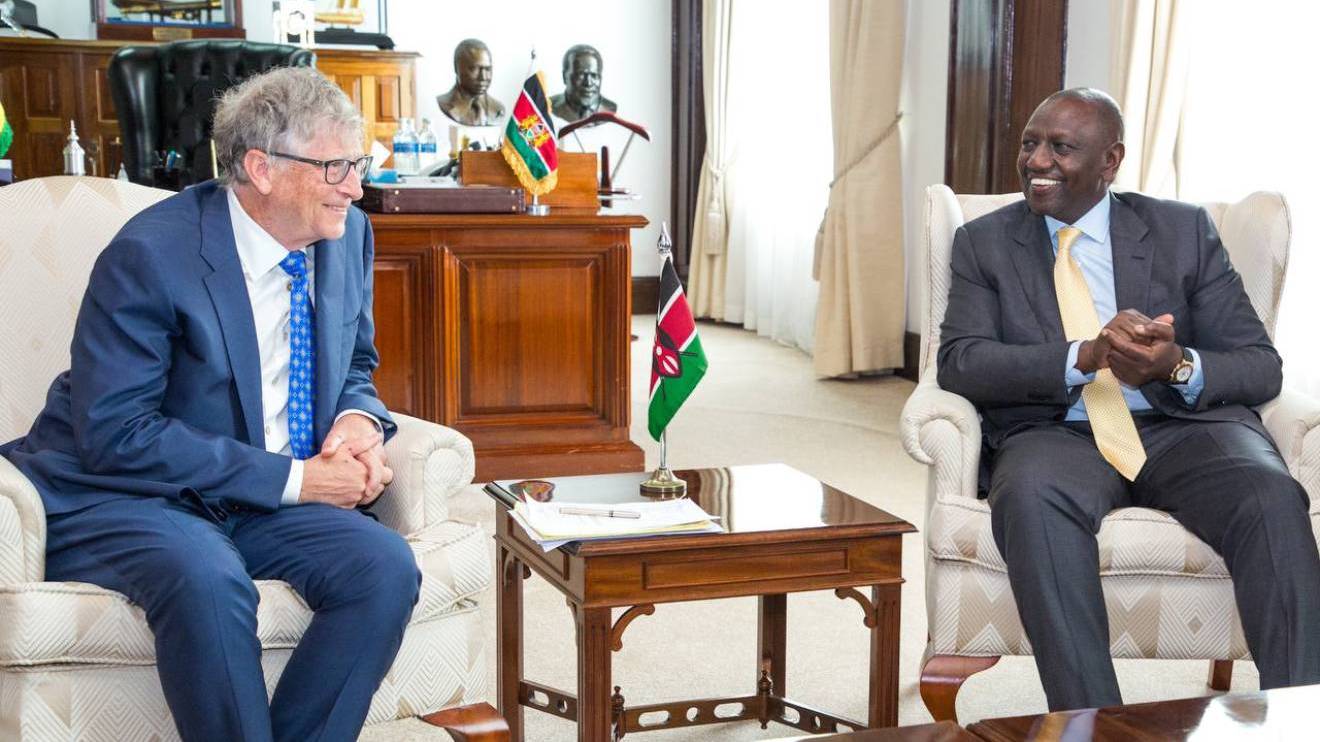
-1745263711.jpg)
-1745254395.png)
-1745244494.jpg)
